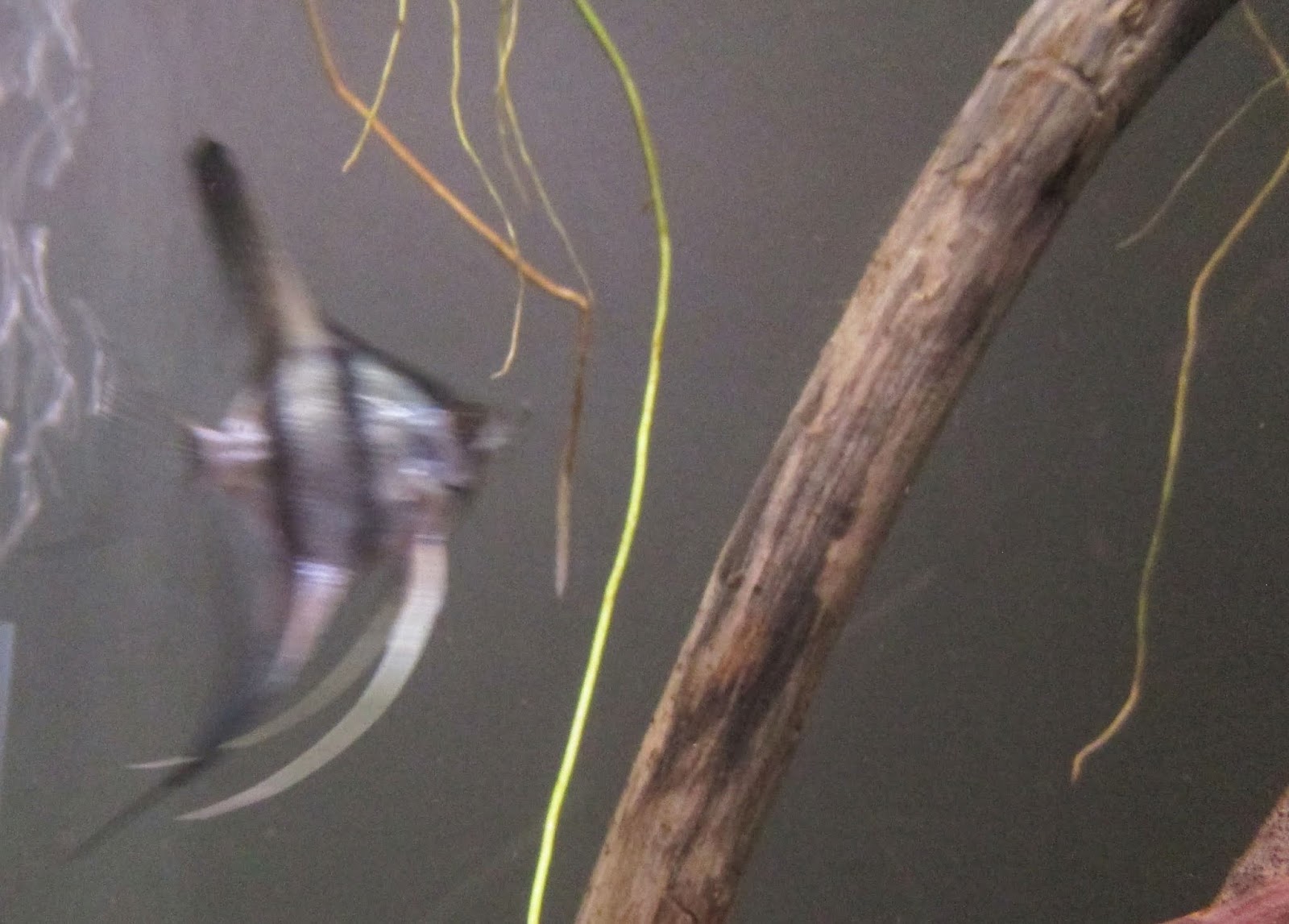
This lead to her joining in the marines in where she's now gradually learning to balance her uncontrollable urge to kill, slowly finding her sense of morality.Īiya is naturally talented soldier, holding her own against vanguards as a child growing up in the vanguard district of Alkebulan, then later in her life joining the marines and excelling in training as she felt she had no time to waste on little thing such as making friends. She wandered aimlessly with no real purpose to live without her father to serve.
AIYA MEANING JAPANESE FREE
Deep down inside Aiya so deeply wished to have her own free will, finally taking the chance to escape Alkebulan during her father's siege of the kingdom. She used killing as a source of joy as it was the only way to make her father recognize her as more than a tool, something she so deeply desired.Īlthough she had lacked in showing emotions, she was quite childish and talkative as it was the only way to truly express herself. It was successful as she had became the "perfect soldier", executing anything that was asked of her with minimal effort and perfect success and even developing a sadistic nature. Everyday she had to repeat the phrase "Emotions are unnecessary, a weakness and obstacle in war", completely deprived of the free will most humans had. "Strength is power, without strength you are nothing!" He'd yell at her when she failed the task or training he forced her to complete. Her father being a major impact of the way she is now, verbally, mentally and physically abusing her as child to mold her into his "perfect soldier". She was born and raised in the vanguard district of Alkebulan, so her entire childhood has been based on militarism. While she does indeed have emotions, she simply longer holds the ability to show them.


She is seen wearing blue half-thigh shorts rather than the dark blue long pants, she also wears the same colored socks decorated with white thread which form two X's on each side and white uniformed boots on her feet.Īiya's childhood and early life has transformed her emotionless person. She is also wearing a black colored belt with a silver buckle. Her uniform coat is a long trench coat extending to her ankles, while below was cut in half. She is typically seen wearing her own version of the Marine uniform around her neck a white long scarf draped white suit with a collar, decorated with gold buttons on her shoulders, and the front rectangular brackets folded cuffs. She has long dark blue hair, even trimmed bangs and two shorter, rectangular strands falling on her face. The text of this folk song tells about the local life of the district and is sung in colloquial Japanese to a great extent.Aiya is young woman with a triangular face with red dull eyes. After a few stanzas, one of which is recorded here, a fairly long, comical story is sung in a narrative style. Contrary to the specific rhythmic figure of the Shamisen, the singing £lows smoothly with frequent melissma slowing the influence of the narrative style of song. The interesting feature of this song is the method of playing the Shamisen which rarely occurs in entire genres of Shamisen music. It is more rhythmic than the others, however, and is accompanied by the Shamisen tuned in Niagari and a Taiko. Once again this is an example of a Sake party song. The basic melodic figures of Aiya-bushi of Aomori and the Aiya-bushi of Nagasaki resemble each other although the text, which is often the case, has been changed. It was brought to northeast Japan through the Japan Sea. Aiya-bushi of Tsugaru, the northern end of Honshu, called Aomori Prefecture today, has its roots in the Aiya-bushi of Kyushu. Tsugaru Aiya-bushi is the most interesting and representative example of the broad diffusion of folk songs in Japan. Min'yo - Folk Song from Japan - Takahashi Yujiro and friends

Tsugaru Aiya Bushi appears on the following albums Her parents, gazing on in enraptured admiration, cry tears of happiness.

This evening, how auspicious appears the flowery bride. "Yosare Bushi" and "Jongara Bushi" are other favorite Tsugaru songs.Īiya, you can hear a song, a Tsugaru song: "Yosare", "Jongara", Aiya Bushi". The trickily elusive, uneven pulse suits the song's frequent function accompanying a bouncing solo dance. As in Tsugaru Jongara Bushi, an improvised shamisen opening leads to the melismatic main song.


 0 kommentar(er)
0 kommentar(er)
